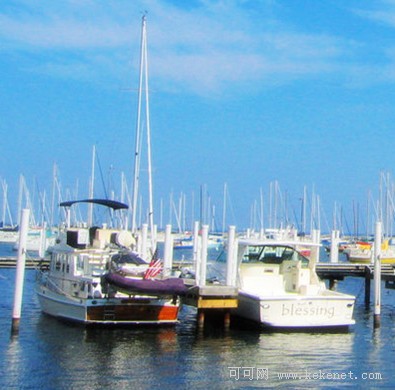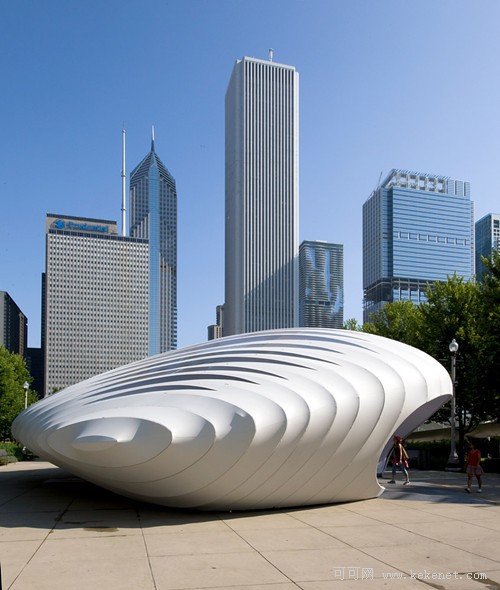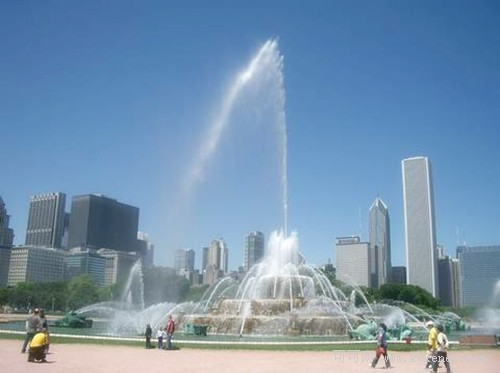(单词翻译:单击)
A nickname is a shortened version of a person's name. A nickname also can describe a person, place or thing. Many American cities have interesting nicknames. These can help establish an identity, spread pride among citizens and build unity.
别名是一个人名字的缩写形式,也可以是一个人、地方或物品的描述性名称。许多美国城市都有有趣的别名,这样可以帮助创建一个城市的风格,在市民间传播自豪感,建立团结。
Chicago, Illinois was once the second largest city in the United States. So, one of its nicknames is The Second City. Over the years, the population of Chicago has decreased. Today it is the third largest American city.
伊利诺伊州的芝加哥曾经是美国第二大城市。所以,芝加哥的一个别名就是“第二城”。多年来,芝加哥的人口不断减少。今天,芝加哥变成了美国第三大城市。
However, another nickname for Chicago is still true today. It is The Windy City. Chicago sits next to Lake Michigan, one of North America's Great Lakes. Language expert Barry Popick says on his web site that Chicago was called a "windy city" because of the wind that blows off of Lake Michigan. In the eighteen sixties and seventies, Chicago was advertised as an ideal place to visit in the summer because of this cool wind.
然而,芝加哥的另一个别名今天仍名副其实。这个别名就是“风城”。芝加哥坐落在北美五大湖之一密歇根湖畔。语言学家巴里·波皮克在他的网站上表示,芝加哥之所以被称为“风城”是因为从密歇根湖吹来的风。在十九世纪六七十年代,芝加哥标榜其凉风习习,是夏日避暑的理想场所。
Barry Popick says other cities in the central United States called Chicago a "windy city." This meant that people in Chicago liked to brag or talk about how great their city was. They were full of wind or full of hot air. He says newspapers in Cincinnati, Ohio used this expression in the eighteen seventies.
波皮克表示,美国中部其他城市称芝加哥为“浮夸之城”。意思是说芝加哥人喜欢吹嘘或谈论芝加哥有多了不起,空话连篇,夸夸其谈。他说,俄亥俄州辛辛那提的报纸曾在19世纪70年代使用过这个说法。
In nineteen sixteen, the city gained two more nicknames from a poem called "Chicago," written by Carl Sandburg. Chicago was called Hog Butcher for the World because of its huge meat-processing industry. And, it was called The City of the Big Shoulders or City of Broad Shoulders because of its importance to the nation.
1916年,芝加哥从卡尔·桑德堡创作的《芝加哥》一诗中又获得了两个别名。由于其庞大的肉类加工行业,芝加哥被称为“世界屠猪城”。同时由于其对全国的重要性,又被叫做“巨肩之城”。





